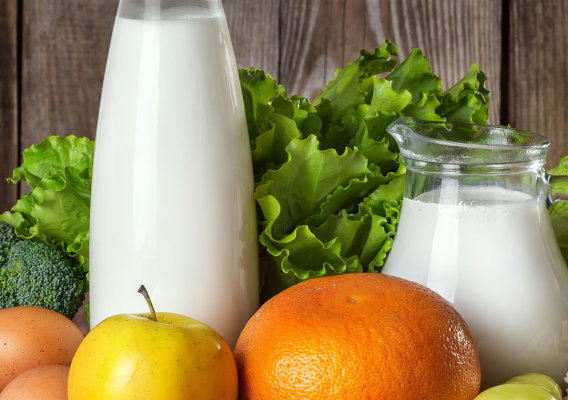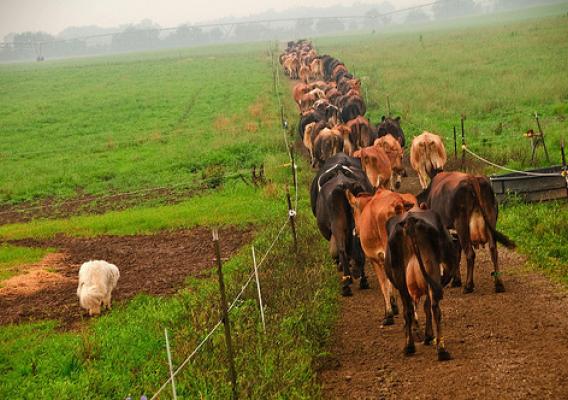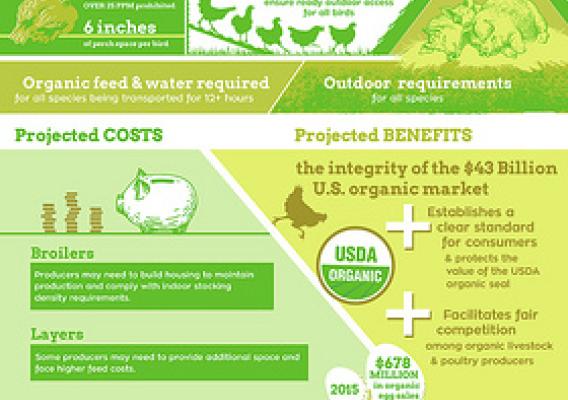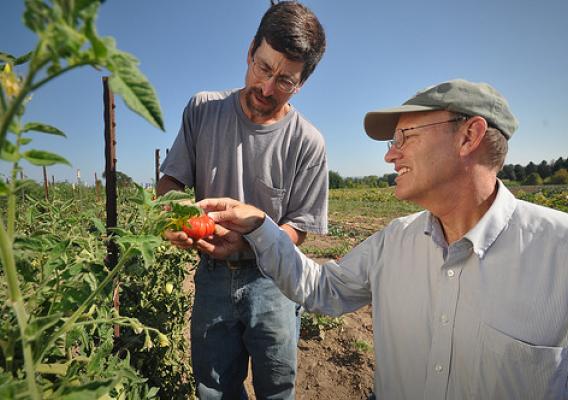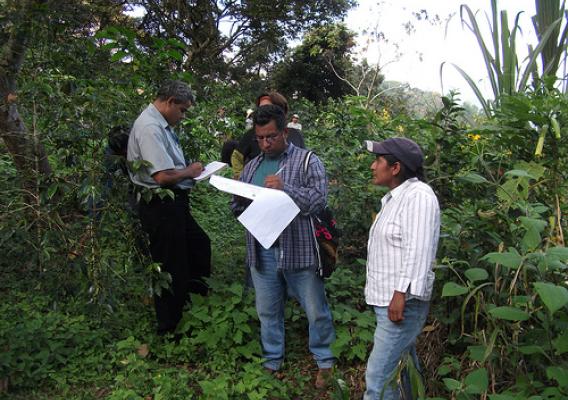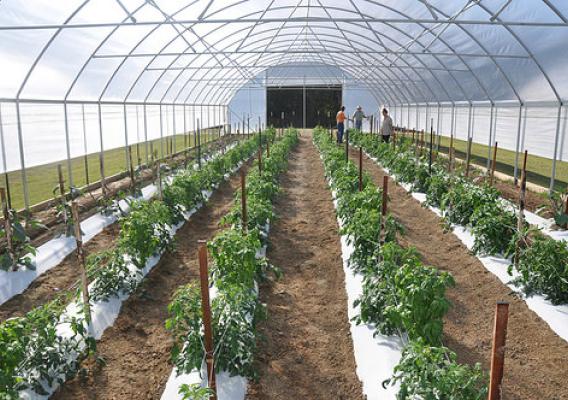USDA invited A-dae Romero-Briones, member of the National Organic Standards Board (NOSB), to be a guest author for this blog. The NOSB provides critical support to the USDA and the organic community. We thank the NOSB for their commitment to the organic community, and the integrity of the organic label.
In 2012, members of the Mississippi Band of Choctaw Indians (MBCI) established Choctaw Fresh Produce to help overcome employment and health challenges on their reservation. Today, by creating jobs and producing healthy foods on tribal lands, Choctaw Fresh Produce is also helping empower and transform their tribal communities.
The MBCI is a Federally-recognized Indian tribe of approximately 10,000 members that reside in eight reservation communities on 35,000 acres of trust land across ten counties in east central Mississippi. The MBCI are the descendants of the Choctaw that refused to be removed from their ancestral lands and relocated to land in what is now Oklahoma. Prior to the mass relocations known as the Trails of Tears that began in 1830, the Choctaw were dedicated to agriculture, hunting, and trade over what is now most of Mississippi.

